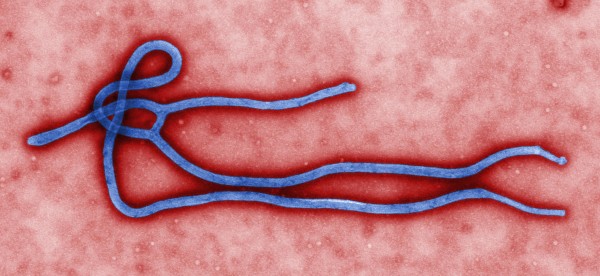Ebola continues to be a subject of interest among medical professionals. With a fatality rate of around 50% and a terrifying manner of death–making its victims bleed out from every orifice after days, or even weeks, of suffering–the disease is one of the most talked about and deadliest in the world. In this study, 82 survivors of the world’s largest Ebola outbreak were found to have brain symptoms more than six months after initial exposure to the disease.
“While an end to the outbreak has been declared, these survivors are still struggling with long-term problems,” said study author Lauren Bowen, MD, of the (NIH) National Institute of Neurological Disorders and Stroke (NINDS) in Bethesda, Md., and a member of the American Academy of Neurology. “More than 28,600 people were infected with Ebola in West Africa during the outbreak. Of that number, 11,300 died. In collaboration with the ongoing PREVAIL III natural history study of Ebola survivors, we wanted to find out more about possible continued long-term brain health problems for the more than 17,000 survivors of the infection.” Because Ebola has such a high mortality rate in humans, medical researchers at the PREVAIL III study are examining Ebola survivors for the first time, and asking the terrifying question: “Can Ebola harm you even after its symptoms have faded?”
Unfortunately, this study appears to confirm these researchers’ worst suspicions: Ebola can still harm its victims even after its known symptoms have passed. In the study, a team of NINDS neurologists performed a follow-up procedure on patients with Ebola symptoms, and, utilizing brain scans, found that most of the survivors had some sort of neurological abnormality. These ongoing issues include weakness, headache, memory loss, depressed mood, and muscle pain, as well as a small minority having suicidal thoughts and hallucinations. Furthermore, common neurological findings include abnormal eye movements, tremors, and abnormal reflexes. Currently, the controls of the experiment are being examined to determine which of these many symptoms, if any, are related to the patients’ previous Ebola infections.
Image Source: Guido Mieth
“It is important for us to know how this virus may continue to affect the brain long term,” said Bowen.
This study proves why the 2015 Ebola scare was covered so scrupulously – there are still a myriad of unknown factors to the disease. While the symptoms of Ebola are terrifying, it is the unknown effects of the disease such as these that push it over the edge, making it one of the most deadly diseases in the world.
Feature Image Source: “Ebola virus” by CDC Global is licensed under CC BY 2.0










